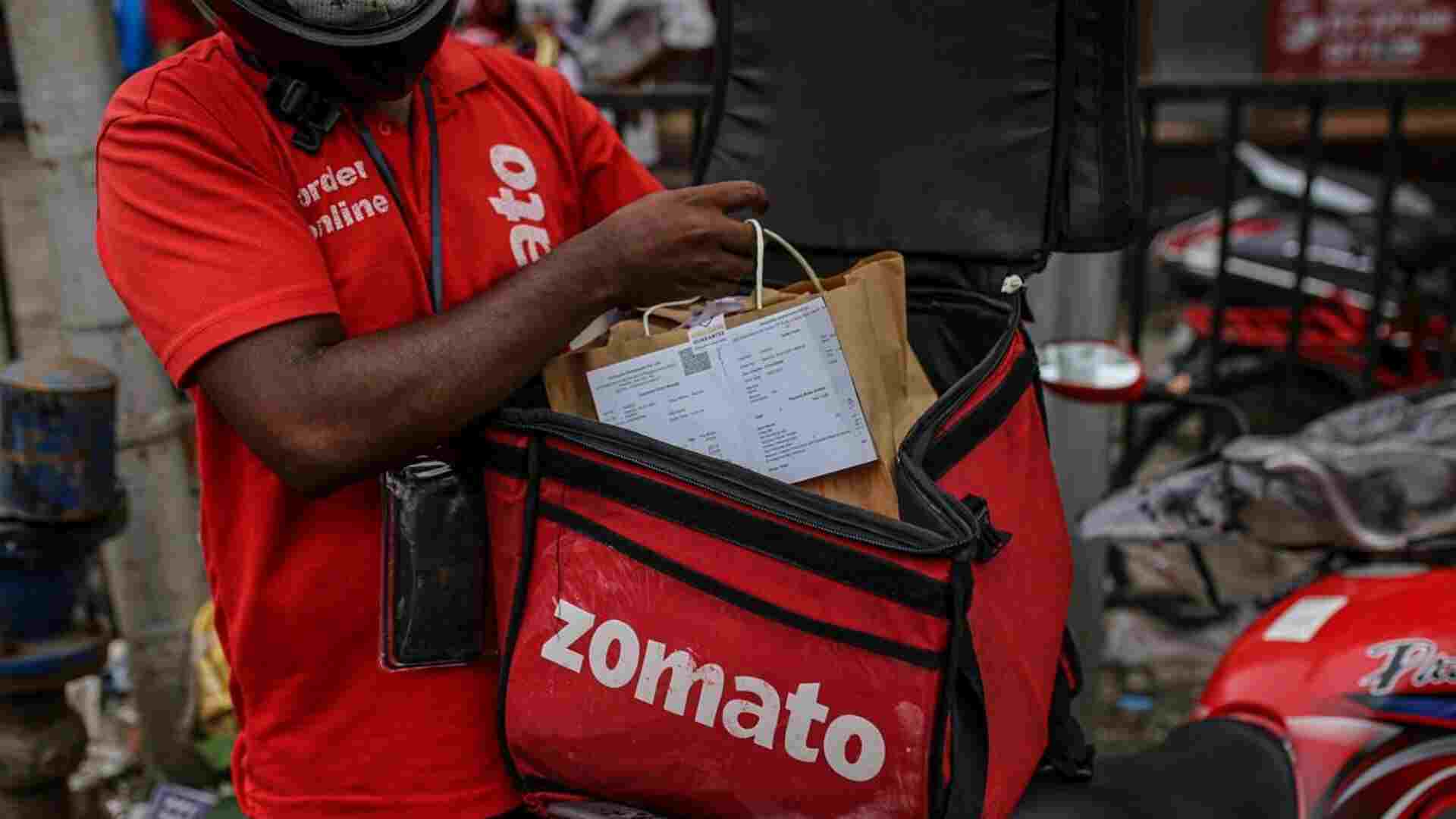
NewsX was recently joined by a power-packed panel of India’s biggest business leaders from the retail and home industry for a session on consumer behaviour. Six business leaders were part of the panel who reflected upon their learnings from the pandemic and discussed what lies ahead for the industry in 2021.
The panel included Mahesh M, CEO of Creaticity and session convenor, Govind Shrikhande, mentor and ex-MD of Shoppers Stop, Latika Khosla, founder and design director of Freedom Tree, Kumar Rajagopalan, CEO of RAI (Retailers Association of India), Kavitha Krishna Rao, country commercial manager of IKEA India, and Ashish Shah, co-founder and COO of Pepperfry.
Addressing the pandemic, Ashish said, “Pandemic was a very different event for all of us. It bought all of us sitting at home together, as we spent more time at home, and our appreciation and liking for the living things and non-living things went up significantly. Therefore, it did a lot of good to the category and people started thinking about the piece of sofa that should be replaced so that they can watch Netflix at home more properly. Suddenly, they realised the need for having a dining table so that the family can have lunch together, etc. Just by the means of observation that people started doing at their home, the category started to benefit significantly.”
He further said that early on when things were opening-up in May-June-July, the way he saw it was that it was the first time in life that they got time to sit back and think about themselves. He added that this event kind of redesigned things for them. “I think all of us here would have restated our priorities, our value systems for the future and therefore, there are very clearly called out action points that we would want to take in our lives or lead a certain way of life going ahead and I do not see that changing as I would not want to go back to times when I used to be in the office at 9.30 am and leave at 11 pm, 6 days week and working 14 hours a day, etc. I know that all of that can be accomplished through Zoom calls, being at home and also spending time with family. So I think there is a significant change in what we are now defining as our priorities. Therefore, going back to the same regime, way of working, etc, in my opinion, won’t happen. Therefore, this is something which is going to stay. I think it is a very different way of consuming things, not only what we want to consume but how and where we want to consume has also changed and therefore I don’t see this going back in a near future,” said Ashish.
Kavitha shared two perspectives on the topic, the first one being around the pandemic and the second one was the home category in itself despite the pandemic. Agreeing to Ashish’s statement on how people have started spending more time in their homes, she added that clearly the need for furniture and furnishing related to home has increased and it was exactly the trend they saw at IKEA as well. Kavitha said that it was not just the work from home space but there were a lot of aligned categories including cooking and eating, storage and organising and outdoor furniture where they had seen an increase in interest among consumers. She added that there will be a lot of growth within the home category.
Putting forth her second perspective, Kavitha said, “We’ve looked at a lot of reports and it talks about typical households spending about 2.5% of their income on products or services related to homes. This is still very low if you compare it with the global average which also means that as consumers begin to see how essential furniture and home furnishing is and that it can actually make a difference to their everyday lives, I clearly see that the Indian households are also going to start spending much more money in the home category. So that is also the reason why I feel that this growth and increase in interest in the category is something that is going to stay for the long term. In the next 10 years, I expect this category is going to see immense growth.”
Throwing some light on the massive shifts in the home lifestyle, Kumar said, “One of the things that we realised almost at the start of the pandemic was that suddenly everybody is refocusing on where they are. Recently, I had a chance to go out of the house and I went to one of the Shivaji Maharaj forts in Maharashtra and was wondering if, at that time, a fort was getting created, the kings would make sure that the fort had everything inside to make sure that even if they have got somebody coming and attacking them, just being inside the fort, they can handle everything. This is what individuals felt like when they were sitting inside their houses when this pandemic started. Suddenly, 1000, 2000 and 3000 square feet houses became the fortresses that they were inside. This meant that every single customer was looking at that place and thinking that it’s not just my house, it’s also the place where I am going to work from, the school for my kids, my workout space, and many also decided to make their gardens. Several new initiatives started and they also realised that they are talking to various people, so multiple studios were there in the house to do various things.”
“When someone from outside came to their house, they also had to make sure to take all kinds of precautions and that created its own protocols. This is exactly the way people would have felt when they were sitting inside the fort in those days and this has definitely shifted. Also, when you are sitting inside a fort and when you have to go out, you start thinking about what do I need to do to make sure that I am safe and how do I come back after accomplishing the tasks and this is what I am seeing happening to consumers. If you look at all our retailers, the first good news is that one of the earliest categories to recover was home. The ticket size has also doubled and I think that is because they were sitting in the house browsing as to what they want. The home also became the place where the discovery phase of shopping was happening so they were thinking about various things from a digital perspective and then they were going to the store and buying whatever they wanted to buy and come back soon enough into their houses,” he added.
Latika said that the way things have been, there’s been no place to go but a home for the last few months. She said, “People would ask earlier, there’s competition. I would not consider other home brands as a competition but your competition is somebody who stops and decides to have lunch or they have got some school things to do for their children so the budget goes into that. If there’s a vacation or a family wedding, the interests are distracted. At the moment, we have all been blessed that the interest is entirely on home and the lessons to learn from that have been that there’s been an over utilisation of home.”
She feels that there has been a realisation that it’s time to look after your home as a lot of people who buy from Freedom Tree are busy professionals. They have been blessed with this time to look after their homes. Latika added that people had realised that it was the space that nurtured them the most for when they do need to step out.
“The two biggest shifts that have happened for us was quick online and offline seamlessness as anybody who came to the store made a purchase. They risked to come out and would make a purchase. What surprised me the most was the unusual categories, the bigger category investments. The purchases of better quality, higher-value products was also surprising. People were looking at buying things as investing in themselves. These are few of the unexpected things,” added Latika.
Govind said, “Covid-19 has been one of the worst phenomenons for working women and I would like to highlight it because classically a working woman was leaving home to her mates, leaving the kids to school, and was then going to work peacefully. Now that she is at home, she has to take care of her work, her husband, her home as well as the kids. Normally she works eight hours a day but is now working 24 hours a day. WFH will stay but I still believe that human beings are social animals, we love to touch, feel, and talk to people so we cannot be stuck in a fortress. There’s a great word in Marathi, ‘natyabhoomi’ that means “firta rangmanch”. In Marathi when you say firta rangmanch, the same drawing hall becomes a playground, the same playground becomes a kitchen, and the same kitchen becomes a school which is what is happening.”
He further said that certain things that were luxury till yesterday has become a necessity today, and some things that were wants yesterday have become needs today. For example, now that the maids were not coming, a dishwasher became a permanent part of people’s homes. Govind said that all the additions in the homes became a need from luxury which is the change in consumer behaviour.















